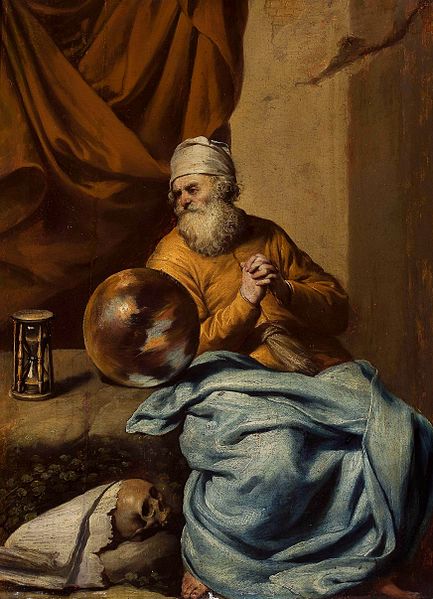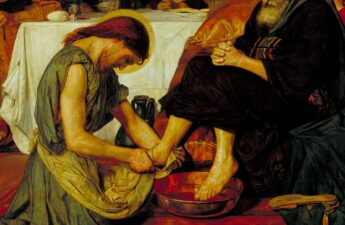“I have seen many storms in my life. Most storms have caught me by surprise, so I had to learn very quickly to exercise the art of patience and to respect the fury of nature.”
Paulo Coelho, 2017, via twitter.com
The transience of life looms over us, leaving us with a very clear impression of the time constraints we are all under.
Because of the pressure that comes with mortality, there is a panic to obtain and achieve everything we desire, right now. That sense of urgency and anxiety to fulfil what we desire is not unreasonable. The truth is that we are on limited time. It can all turn into a sort of frenzy though, and in the scramble, we fail to see that those intervals between where we are and where we want to be are unavoidable and in themselves, opportunities.

What does it mean to ‘be patient’?
One thing it doesn’t mean is to be passive, disinterested or inactive in your life. It does not mean being a bystander, watching life unfold as it will. It doesn’t mean that action isn’t needed or drive desirable. What it refers to is how we choose to behave in those intervals. To be patient means maintaining composure, to not allow ourselves to be provoked in action or emotion. It means being able to endure times when they are not how we would ideally have them. It is the difference between the steadfast and the faint of heart.
“In your patience possess ye your souls.”
Luke 21:19, Kings James Bible
Patience is living in what, for one reason or another, is an uncomfortable space, and not responding in vexation or despondence.
Practicing patience is building endurance. It is having the wisdom to know that those intervals are an opportunity to build our character into something stronger, to become someone more deserving of what’s to come. When overcome by a sense of urgency, we tend to bulldoze forward blindly. The mistakes we make in impatience are often grave. With patience, we have a clear sight of potential mistakes as well as opportunities. We make our choices and put them into action; this will bring us to where we need to be, but we must still journey in order to get there. Trust in the path we have built and travel it with patience, acknowledging all that is to learn along the way.
“Have patience and endure; this unhappiness will one day be beneficial.”
Ovid, Amorum (16 BC), III. 11. 7.




